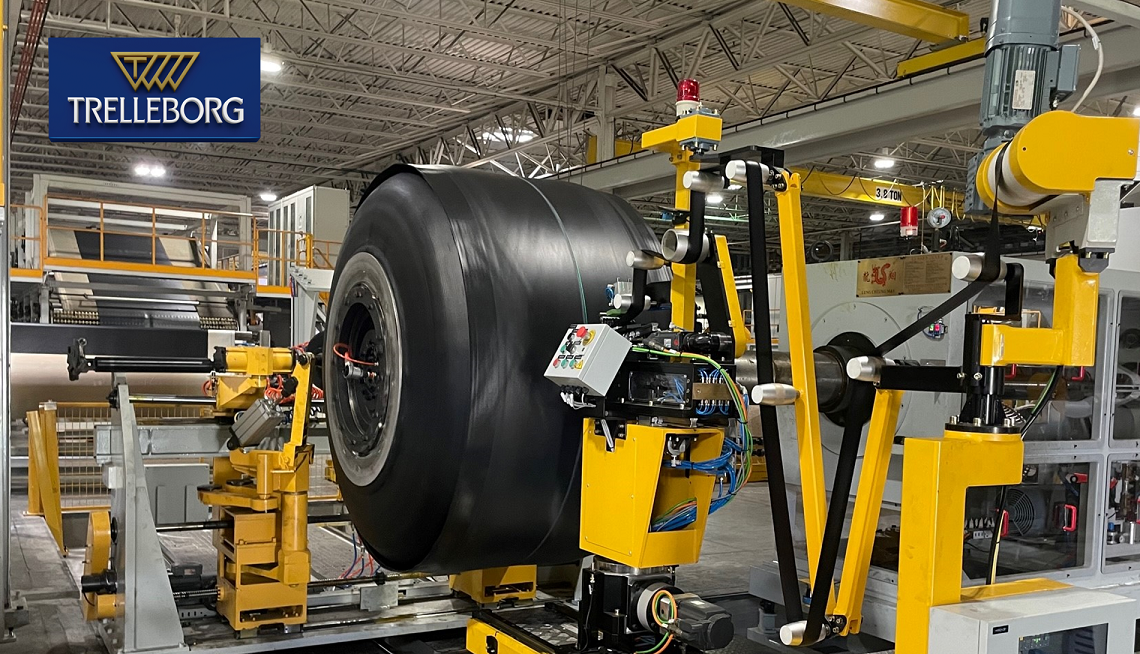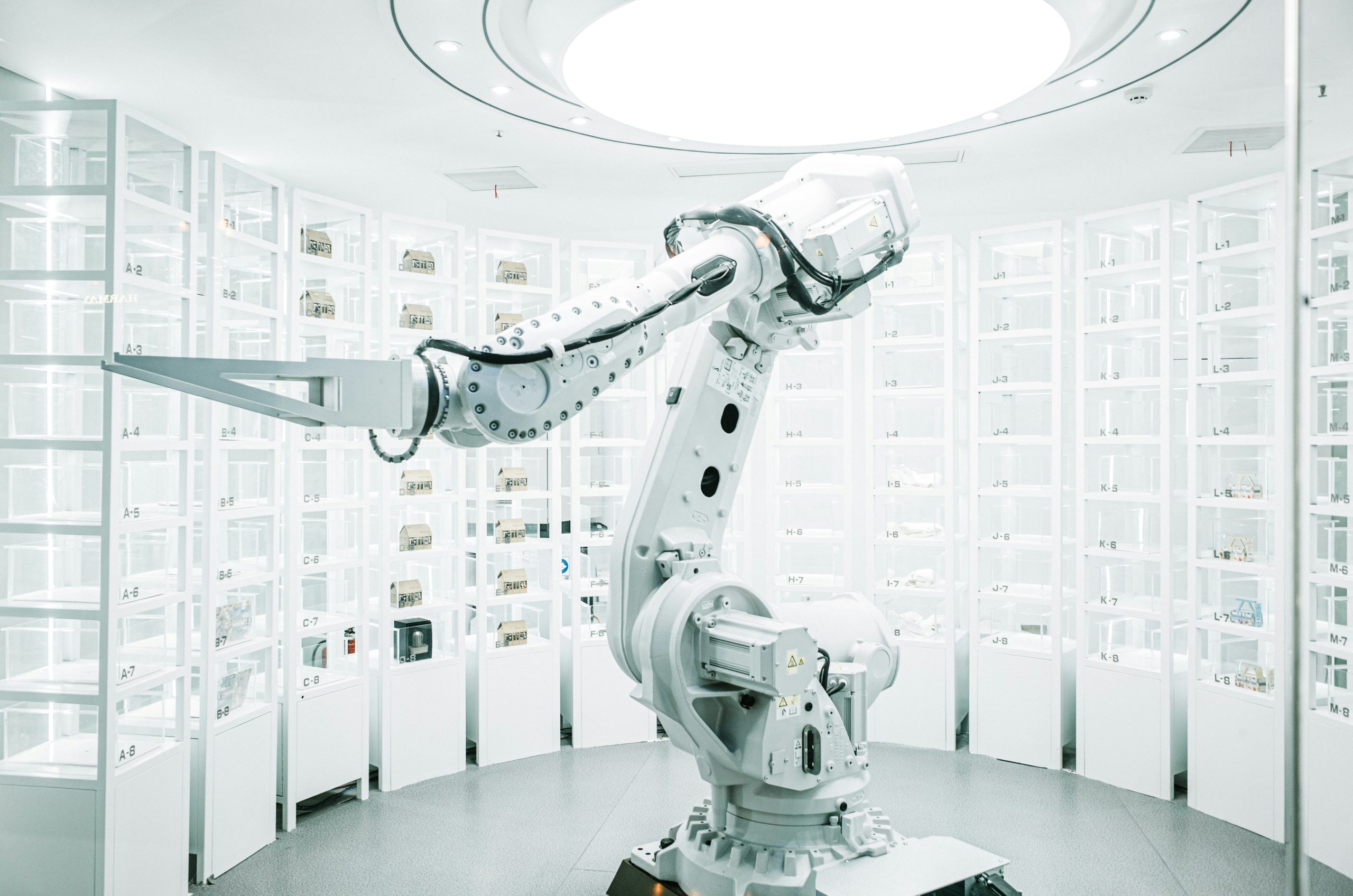The premium off-highway tire brand exemplifies a successful local-for-local business model, achieving impressive results through keen market listening.
Globally, manufacturers are moving closer to their target markets to protect against future disruptions, reduce customer distance, mitigate import duties, cut logistics costs, and enhance sustainability.
The tire industry is embracing this shift towards localization, particularly in the off-highway segment.
Trelleborg Tires’ Spartanburg facility in the U.S., covering 40,000 square meters, is a prime example of how localized production supports growth and drives market evolution.
The North American agricultural tire market, valued at over $930 million in 2023, is expected to reach $1.3 billion by 2030, driven by trends like advanced mechanization, larger farm operations, increased crop yields, and shorter replacement cycles.
Since its U.S. operations began in 2015, Trelleborg Tires has effectively integrated into the American market, catering to the specific needs of local farmers with tires designed for durability, wide and rugged terrain, and heavy loads.
“We posed the question to ourselves: what does the market expect from us today compared to a decade ago? This inquiry led us to further improve our range of flotation tires, innovate production processes, and enhance final customer benefits, tailoring them to specific market demands. Currently, the plant boasts a remarkable 20% increase in production capacity compared to its initial state. We are now more confident than ever in serving our North American customers, who can easily stock up on Trelleborg Tires knowing they are locally manufactured in the United States”, explains Marco D’Angelo, Vice President Manufacturing at Yokohama TWS.
By focusing on local production and sourcing, the company can minimize transportation costs and logistical complexities, improving the overall efficiency and responsiveness of its operations. Additionally, it supports local economies and reduces environmental impact due to shorter supply chains and reduced emissions from transportation.
But what paved the way for success?
Technology played a crucial role. The Spartanburg facility stands out as one of the most automated plants in the agricultural industry, with the aim of guaranteeing customers the highest production standards.
Customer centricity has driven every decision regarding the Spartanburg plant design. At each production step, from the preparation of semi-finished products through tire building and curing, the Spartanburg plant is equipped with the most advanced technology in machine automation and process control. Notably, the latest technologies have been adopted for crucial processes such as tire curing to ensure the highest possible tire performance in the field and to minimize the environmental impact of operations.
Last but not least, the tire plant layout was designed and developed using specific tools from lean manufacturing, which effectively reduce material handling within the shop floor and enhance operational efficiency.
At the end of the day, however, the ultimate competitive edge developed by Trelleborg Tires seems to reside in a presence that has deep roots in the territory





